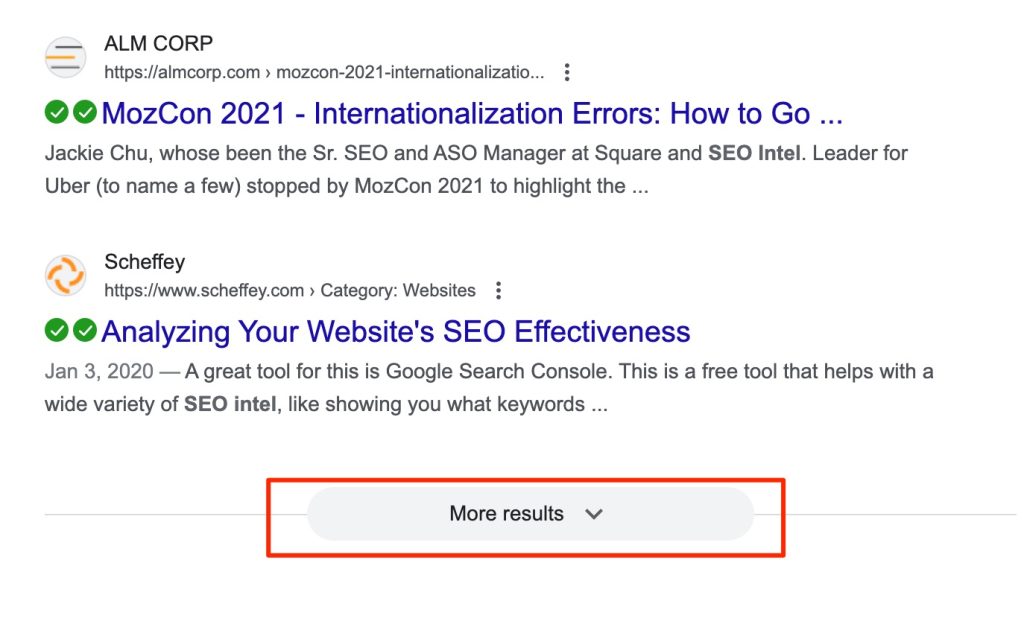
Here we are and it’s the last week of June. The June 2024 spam update is now complete, Universal Analytics is shutting down in a few days (time to export your historical data and migrate to GA4!), and a lot more in this week’s notable SEO news. Read all about them below.
The June 2024 spam update, which has began rolling out on June 20, is now complete. It took one week to finish rolling out. If you have experienced a drop in rank and traffic during the week, it’s most probably from the spam update.
Check out Google’s Spam policies for more details on what sites and content Google considers as spam, and what to do.
Note that sites that are affected by Google’s spam policies may rank lower in search results or not appear in the results at all. Making changes may help a site improve if their automated systems learn over a period of months that the site has complied with their spam policies.
Google has removed continuous scrolling in the search results for desktop and is set to remove it on mobile in the coming months, reported by Search Engine Land. Instead, you could see a “More results” button at the bottom of the page to see more results.

According to a Google spokesperson, the ability for continuous scrolling was removed to serve the search results faster on more searches instead of automatically loading results that users have not explicitly requested. Loading more results automatically did not lead to a significantly higher satisfaction with Search.
In this week’s episode of Google Search Off The Record, Lizzi and John was joined by Elizabeth Tucker – Google’s Director of Product Management and Search Quality. The episode is titled Measuring Search Quality with Data. It’s quite an interesting episode, talking about Search Quality Measurements, The Search Quality Rater Guidelines (which she has worked on), EEAT, cute kittens, and a whole lot more. Here are some notable parts from the podcast:
“I think one of the challenges that we face is understanding how Google is performing overall. But what we’ve generally found, in Search Quality, is that you can make one search much better and meanwhile destroy 50 more. So it’s really important that we can do these aggregate large-scale measurements, as well as find specific types of searches that are working well, or not working well so that we can fix them.”
“We have various ways to try to understand where we’re doing well and not doing well. To say the obvious thing: We want to make every single search that people do a great experience. We want to help everyone find what they’re looking for. So we are a lot more concerned when we see types of searches that aren’t doing well. That does get a lot of our focus, and sometimes it can be hard to find and identify specific slices, as we say, that aren’t doing as well and find fixes for them. For the most part, we do see that people are fairly satisfied when they come to Search. I think a lot of people really just, at this point, kind of take for granted that they can come to Google, type something in, and basically find what they’re looking for. However, there are occasions when people do have bad experiences when we don’t show what they’re looking for. And, of course, that’s exactly what we want to fix.”
“There are all sorts of biases that we worry about, when you’re looking for information, are we disproportionately showing certain types of sites, are we showing more, I don’t know, encyclopedias and evergreen results or are we showing more fresh results with up-to-date information, are we showing results from large institutional sites, are we showing results from small blogs, are we showing results from social media platforms where we have everyday voices. We want to make sure we have an appropriate mix that we can surface the best of the web in any shape or size, modest goals.”
“That brings me to a question: How do we even know that Search is getting better?
Elizabeth: I have spent a long time thinking about this question myself. My short answer is it’s really hard. One of the things that we do see is, the better we do, the harder searches that we get. To a certain extent, the bar does tend to get constantly upped with our own success, but we have a lot of measurements that we do. Everything from surveying people; sometimes when you search on Google, you might get asked a question, like how helpful are these results? We use a lot of metrics where we sample queries and have human evaluators go through and evaluate the results for things like relevance. We look at how people behave on Search, does it appear that people are finding what they’re looking for from the signals that we can collect? Putting all of these different methods together, we do try to understand whether we’re doing a good job, whether things are improving. Technology is constantly changing. Websites are constantly changing. If we just stood still, Search would get worse…Yeah, a constant challenge. Search is not a solved problem and can almost never be a solved problem because the world around us change. Search is so much about helping people find what they’re looking for. The internet’s constantly changing. People’s needs are constantly changing. Our work is almost never done.”
Watch the episode below:
If you are still using Universal Analytics, it is time to move over to GA4 as it will be shutting down for good this July 1 – only a few more days left to move over! All universal analytics data will be permanently deleted. Check out this documentation on how to migrate to GA4, if you haven’t yet.